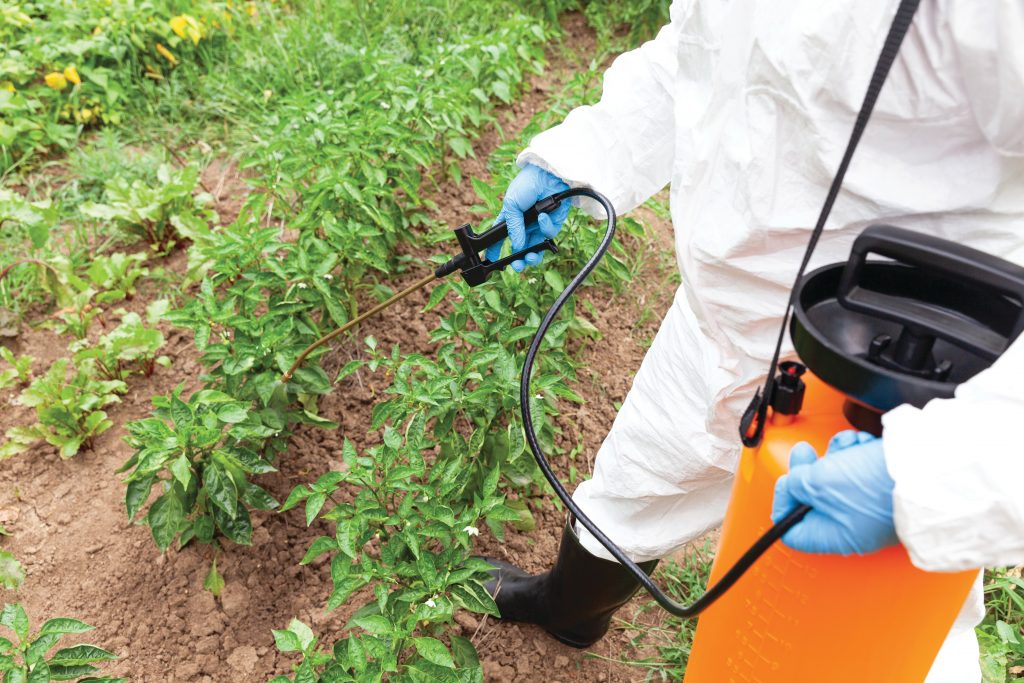
Dave Price writes in American Farmland Owner that Agricultural producers, their families, investors, the medical community, researchers, and the legal system continue to watch Bayer’s defense against thousands of claims that its highly effective weed killers can make people seriously ill. Bayer’s CEO Bill Anderson told investors on Wednesday that it has been working to settle or dismiss thousands of cases as its financial payouts have already topped $10 billion.
Anderson said, “When it serves company interests and our broader strategy, we will consider settling.”
The St. Louis Dispatch laid out specifics that Anderson shared on the call:
- Total cases: 192,000
- Unresolved cases: 61,000
- Recent caseload reduction: 17,000
Bayer has spent years navigating lawsuits since it bought Monsanto in 2018 in a $63 billion acquisition. Glyphosate is the key ingredient in Monsanto’s highly effective herbicide, Roundup.
History of Glyphosate
The National Pesticide Information Center provides the history of glyphosate, which it stated was first registered for use in the United States in 1974. “People apply it in agriculture and forestry, on lawns and gardens, and for weeds in industrial areas. Some products containing glyphosate control aquatic plants,” the center’s website included.
The website warns about glyphosate exposure:
- On skin
- In eyes
- Breathe in chemical
- Swallow glyphosate if spread from hands during eating or smoking
Source: National Pesticide Information Center
RELATED: Concerns about pesticides are not universal. This farmer works to spread the word that she believes in them and their safety.
Whether Glyphosate is Harmful
The safety of glyphosate is the subject of debate. While Bayer has agreed to pay out $10 billion to litigants who have claimed harm from exposure to glyphosate, the company has insisted that its product is safe.
“…glyphosate is one of the world’s most independently tested and studied herbicides, with about 2,400 studies across 50 years. Independent government research, such as the Agricultural Health Study, funded by the National Cancer Institute and the National Institute of Environmental Health Sciences, has looked at real-life exposure of pesticides on famers for more than 30 years,” Bayer listed on its website.
The National Pesticide Center provides other information about studies regarding glyphosate.
“Animal and human studies were evaluated by regulatory agencies in the USA, Canada, Japan, Australia, and the European Union, as well as the Joint Meeting on Pesticide Residues of the United Nations and World Health Organization (WHO),” The NPC stated.
The center’s website continued, “These agencies looked at cancer rates in humans and studies where laboratory animals were fed high doses of glyphosate. Based on these studies, they determined that glyphosate is not likely to be carcinogenic. However, a committee of scientists working for the International Agency for Research on Cancer of the WHO evaluated fewer studies and reported that glyphosate is probably carcinogenic.”
Bayer Reduces Some Legal Challenges on Glyphosate’s Safety
Bayer’s CEO told investors that the company has resolved some of the legal complaints about its product. “More specifically, just recently, we’ve taken thousands of cases off the table through confidential settlements on a low cost-per-case average in the glyphosate litigation,” Anderson said.

















